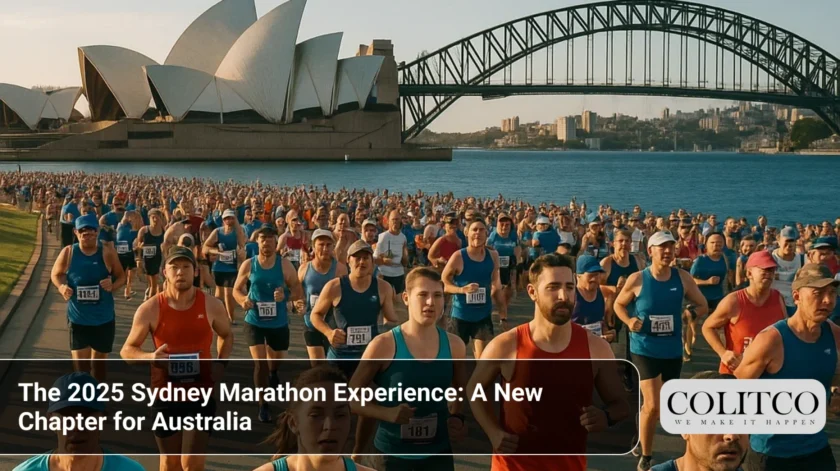The 2025 TCS Sydney Marathon was historic, being the latest in a line up of Abbott World Marathon Majors. There were 35,000 runners in Sydney on Sunday, 31 August 2025, the largest marathon in Australian history. The games united the world-class athletes together with thousands of others who came to the city inspired by the sporting legacy and the amazing scenery.
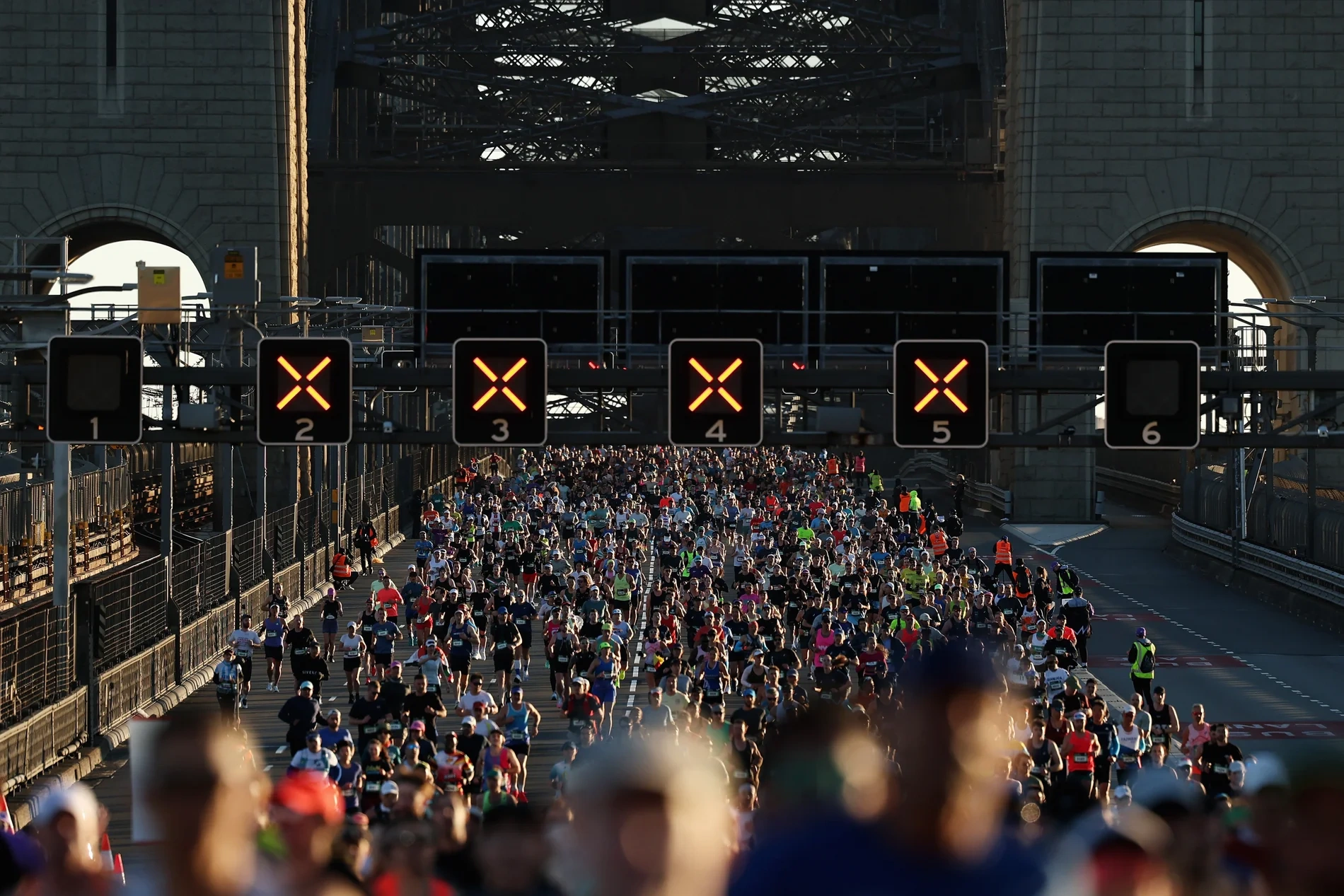
Sydney Marathon runners crossing the Harbour Bridge on Sunday morning
A Prestigious World Marathon Major
Sydney Marathon became part of the elite Abbott World Marathon Majors, along with Tokyo, London, Boston, Berlin, Chicago and New York as the seventh event in the international series. The marathon provided a course that is known to have difficult ups and downs. It started in North Sydney and ended at the Sydney Opera House forecourt, offering a rare combination of city and oceanic views.
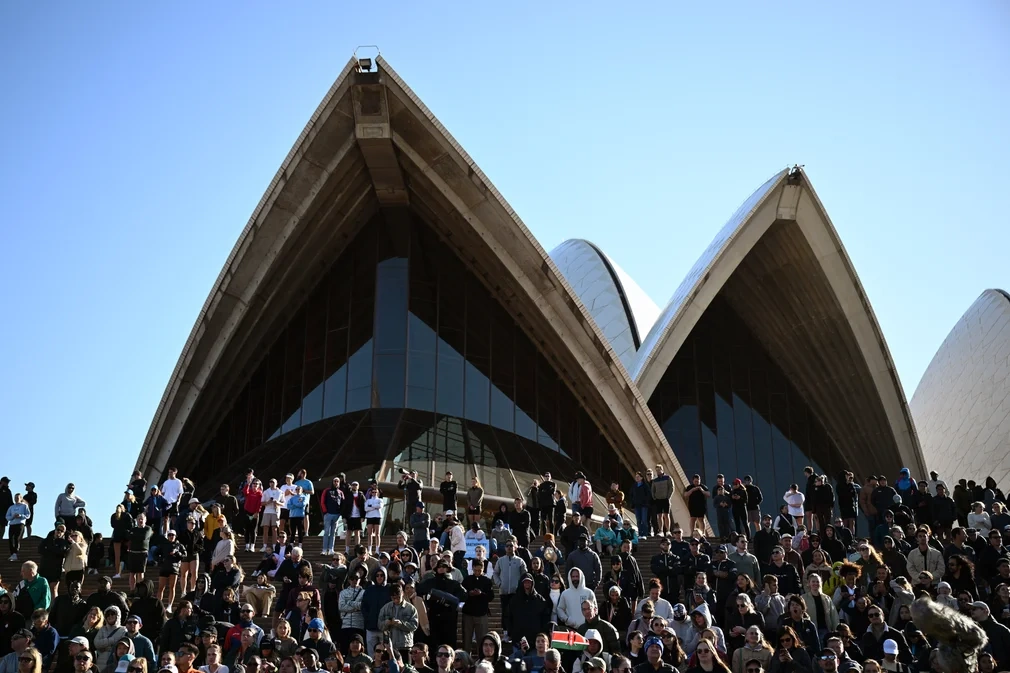
Spectators on the steps of the Sydney Opera House as they wait for athletes to cross the finish line
Elite Competition Highlights
The men’s elite race was won by Ethiopia’s Hailemaryam Kiros in the course record time of 2:06:06. Kiros, third in Tokyo and fifth in Berlin last year, won the first of the World Marathon Majors circuit in Sydney. His time was a new Australian record time in a marathon race.
Close behind was fellow Ethiopian Addisu Gobena, who came second with a time of 2:06:16. This was supplemented by Lesotho Tebello Ramakongoana, who took third place with a time of 2:06:47. Eliud Kipchoge, two time Olympic marathon champion and regarded as the greatest marathon athlete of all time, finished in ninth place with a time of 2:08:31.
In the women’s elite race, Sifan Hassan, the Dutchwoman, emerged as the winner, shattering a course record among women of 2:18:22. Hassan, who won the Olympic gold medal in 2024 and has six major marathon crowns to her name, including London and Chicago, was celebrating her fourth Sydney marathon victory. She beat the course record of 2:19:38 by more than three minutes, and beat the Kenya-based Brigid Kosgei who was in second place with a time of 2:18:56. Workenesh Edesa came in at third place with 2:22:15.
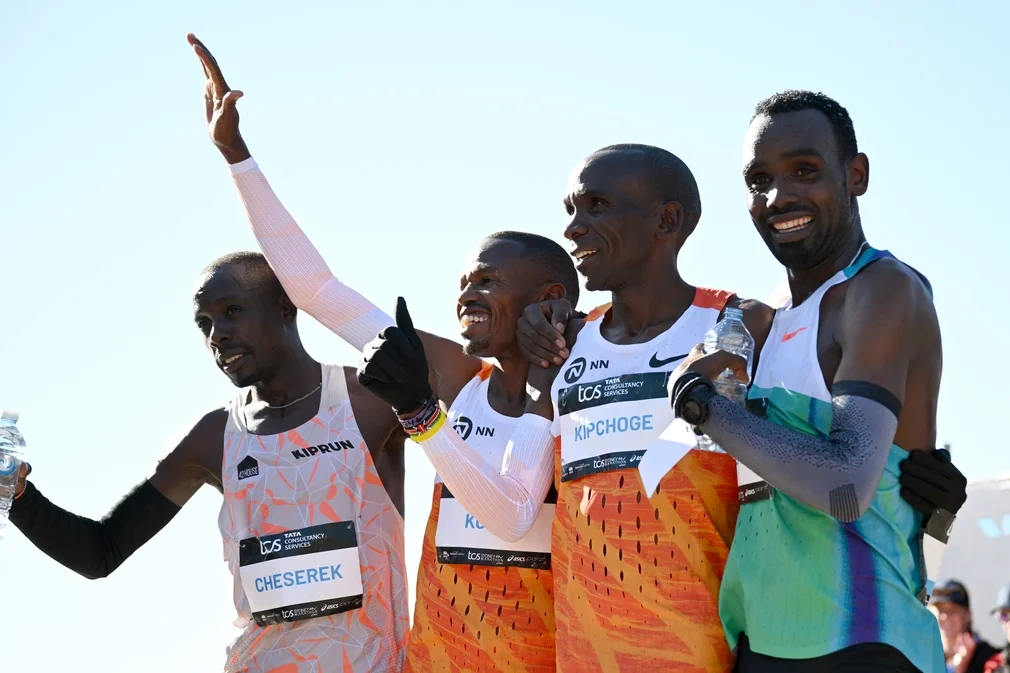
Edward Cheserek, Laban Korir and Eliud Kipchoge with Gobena after the race
Race Day and Course Details
The marathon commenced at 6.30 am AEST and the elite wheelchair athletes were off at 6.15 am. The total distance of the course was 42.195 kilometres, which was a World Athletics Platinum Label Marathon. Racers had seven hours to finish a course.
Miller Street, North Sydney was the starting point, and the Sydney Opera House forecourt was the finishing point. The course was a mix of city roads and landmarks, and various climbs where both stamina and timing were challenged.
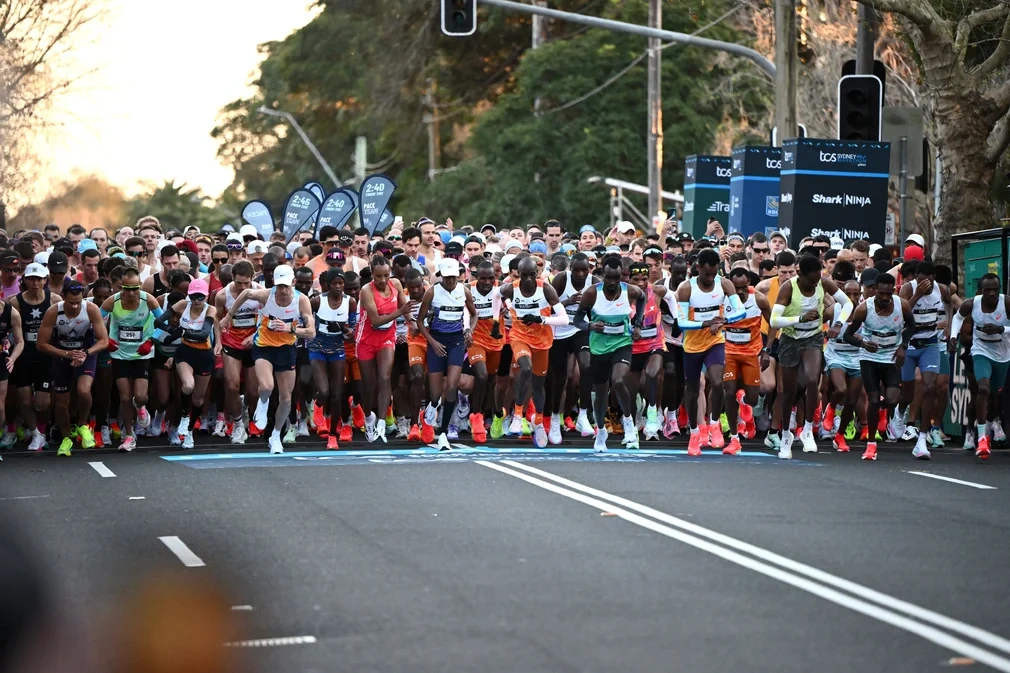
Participation and Community Impact
The event had drawn 35,000 participants comprising professional athletes, amateur runners and also wheelchair runners. The Sydney Marathon weekend also included shorter distance races such as the TCS Sydney Marathon 10km and mini marathon 5km, which helped to engage the community in the event.
The volunteers had a critical role in supporting the logistics of the race and the spectators. Another impact of the Olympic legacy on the atmosphere of the event was that the volunteer uniforms were based on the uniforms used in the 2000 Olympic Games in Sydney. The marathon was a product of this sporting tradition.
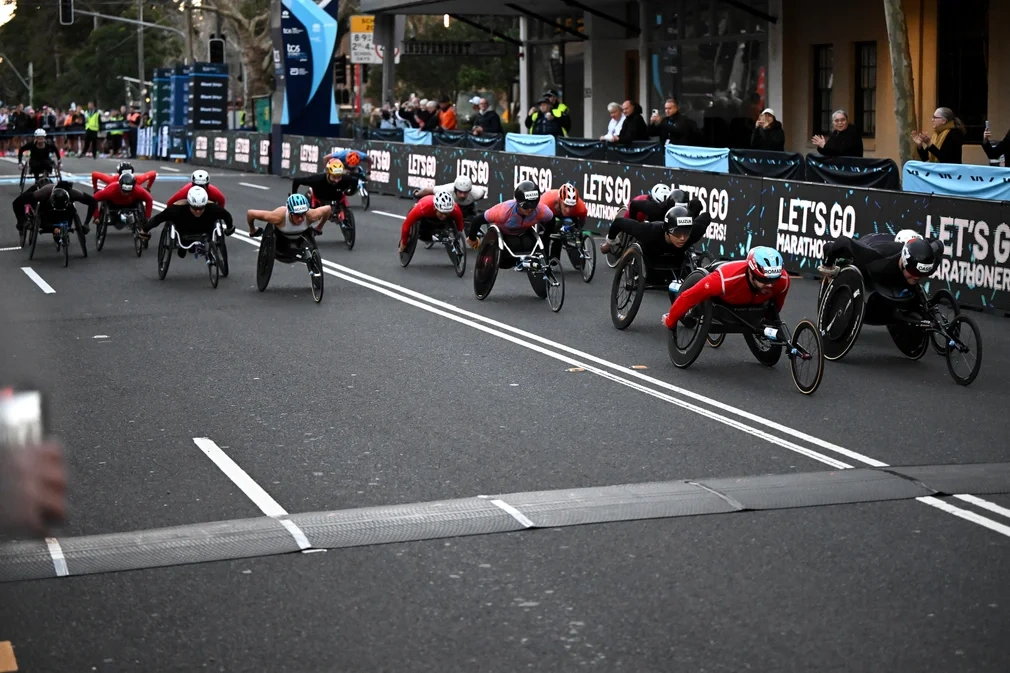
Broadcast and Global Reach
The marathon was also shown live and free on 7mate and 7plus Sport to the audience nationally (6:00 am to 10:00 am AEST). Global coverage involved international marathon fans who would follow the event online and through official media.
When Sydney was added to the series of marathons known as the World Marathon Majors, it greatly increased the number of marathons in the world calendar in the continent of Australia, the first time in ten years. This was also a strategic step in showcasing Australia as one of the main destinations of major athletics events.
The Spirit Behind the Race
Race organisers emphasised that the marathon brings people together and motivates all runners. A combination of the recognisable city landmarks and sporting references of the past stressed the role of Sydney in world sporting events.
The marathon also involved an impressive elite men’s and women’s field as well as a competitive wheelchair race which had one of the strongest fields ever seen in Australia. The complexity and prestige of the race brought to it some of the most recognised names in the field of long distance running.
Also Read: The Reject Shop to Disappear: Dollarama Unveils $259 Million Challenge to Kmart
Quotes from the Event
Sifan Hassan stated after finishing, “I pushed so hard to the finish. I started too hard and I learned my lesson. I am happy this is the first race I have finished without drama. I learn a big lesson every time. I am so happy to run a course record and win.”
The marathon’s success underscored its growing significance, setting a high standard for future editions.
Conclusion
The 2025 Sydney Marathon was a milestone in that Australia opened the marathon to the World Marathon Majors. Through the highest number of participants and outstanding performances of the elite, the occasion demonstrated the ability of the city to host the best sporting events worldwide. The nature and difficulty of the terrain in the course coupled with the beauty of nature, put everyone who was running in the course, and attracted fans all over the world. This experience with a marathon confirmed Sydney as a part of the global athletic community and promised that there would be many more successful years ahead.

